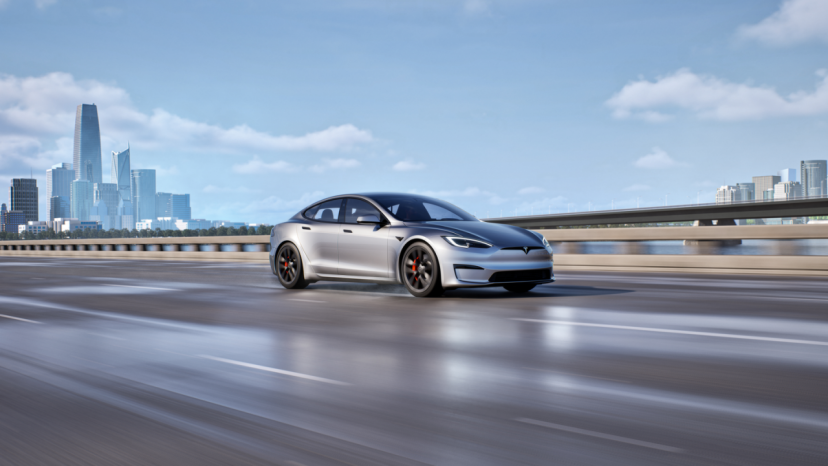According to Nikkei News, under the backdrop of U.S. President Trump's push for manufacturing to return, Panasonic Holdings' battery subsidiary, Panasonic Energy, officially opened a massive $4 billion battery factory on July 14. This facility, located in De Soto, Kansas, will produce lithium-ion batteries for electric vehicles and is Panasonic Energy's second battery production site in North America after its Nevada factory. After several months of delays, the factory is set to begin production in August this year. It is expected to create 4,000 jobs, but the full production plan has been postponed due to declining electric vehicle sales and the U.S. government's hostile policies towards clean energy vehicles. The new factory plans to increase annual production capacity to 32 gigawatt-hours, although Panasonic Energy has not announced a specific timeline. The Nevada plant, which started operations in 2017, currently has an annual capacity of around 41 gigawatt-hours. Yuki Kusumi, President and CEO of Panasonic Holdings, stated at the opening ceremony that the new factory would significantly enhance operational levels and establish a more sustainable supply chain. He added that Panasonic Holdings aims to "establish a more circular and localized supply chain system in collaboration with U.S. partners." Notably, the opening of the Kansas plant comes at a time when global supply chains are facing uncertainties due to Trump's threats to raise import tariffs to unprecedented levels. However, many U.S. factories, particularly those producing renewable energy technology-related products, still heavily rely on imported components. On July 7, President Trump signed an executive order delaying the implementation of so-called "reciprocal tariffs" until August 1, 2025, to allow for trade negotiations with other countries. If countries like Japan do not reach an agreement with the U.S. by August 1, their exports to the U.S. could face tariffs as high as 40%. Panasonic Energy has indicated that it is working to bring in its suppliers from Japan and South Korea to strengthen its supply chain for U.S. production. CEO Kazuo Tadanobu emphasized that many of their global supply chain partners are considering expanding into the U.S. Once U.S. government policies are clearer, they will be able to move forward more decisively. He also noted that due to tariff uncertainties, Panasonic Energy no longer plans to advance the construction of a third factory in the U.S., focusing instead on increasing production at its second factory. Kansas has committed to providing $829 million in state tax incentives to support the Panasonic project, along with local tax reductions. Panasonic also expects to receive federal tax incentives through the Inflation Reduction Act signed by former President Joe Biden. However, Trump's tax and spending bill, signed into law on July 4, will eliminate the $7,500 tax credit for purchasing new electric vehicles and the $4,000 credit for used electric vehicles starting in September this year. Analysts suggest that the removal of these policies could deter consumers from buying electric vehicles, which have already seen a slowdown in sales in the U.S. Notably, Tesla, the main customer for Panasonic's Kansas battery factory, saw its global sales drop by 13% year-over-year in the first quarter. BloombergNEF has revised its forecast for U.S. electric vehicle sales in 2030 down to 4.1 million units, citing that Trump's policies will impact the battery supply chain. In light of weak demand for electric vehicles, Nissan has postponed the production of two electric SUVs to late 2028 or early 2029. Honda and Ford have also paused the development of multiple electric vehicle models. However, Kazuo Tadanobu expressed confidence that despite these challenges, electric vehicle sales will continue to grow outside the U.S., and he remains optimistic about medium-term growth in electric vehicle sales in the U.S.
Panasonic Opens $4 Billion Battery Factory in Kansas Amid Manufacturing Shift

Share this post on: